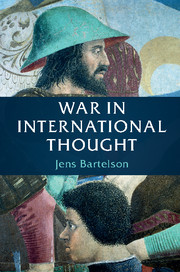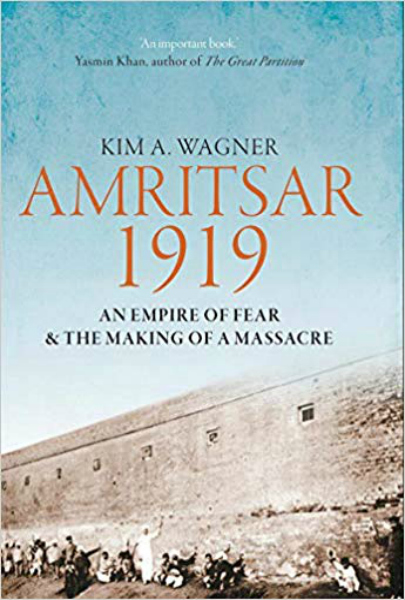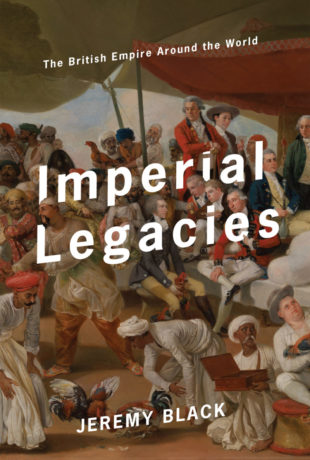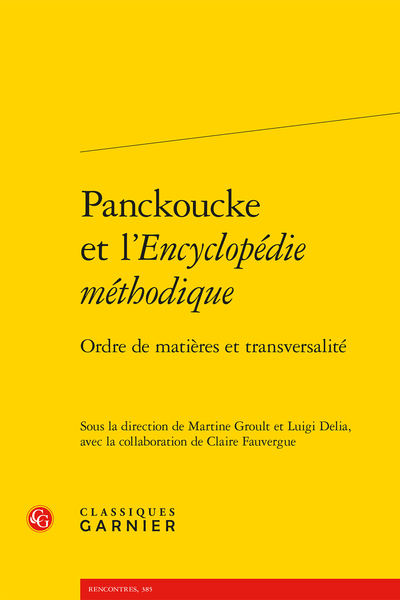Research Position on “Non-territorial autonomy elements in international minority protection in the twentieth century“
The European Research Council funded research project „Non-Territorial Autonomy as Minority Protection in Europe: An Intellectual and Political History of a Travelling Idea, 1850–2000“ (NTAutonomy) invites prospective candidates to join a team of five researchers.
The Project in its Entirety
NTAutonomy explores the history of non-territorial autonomy, which was a means of granting cultural rights to a national group as a corporate body within a state. Without any normative intention, our project investigates this form of national self-rule as both an intellectual concept and an applied policy across Europe. We will examine the origins of this idea in both parts of the Habsburg Empire and conduct research on how this concept travelled to the interwar period. Starting from the assumption that non-territorial autonomy was not specific to a particular political current, we will analyse how this concept translated into the early Soviet Union, the socialist Ukrainian People’s Republic, the liberal democracies in the Baltic States, and the far-right Sudeten German Party in Czechoslovakia. Finally, we want to trace non-territorial autonomy elements in the policies of European minority protection institutions until the end of the twentieth century.
Job Description
You will be in charge of the project’s work package that analyses continuities and breaks in the ways non-territorial autonomy has been considered in international minority protection throughout the twentieth century. Ideally, you cover the period of the interwar period and the period after WWII. Yet, applications with a focus on either period are also possible.
You should collect and analyse material on transnational minority networks, like the Congress of European Nationalities or the Federal Union of European Nationalities, pertaining to the topic of non-territorial autonomy. Furthermore, you should collect and analyse material of international organisations’ position towards non-territorial arrangements, including e.g. the League of Nations, the United Nations, the OSCE and/or the Council of Europe.
You are expected to participate in the bi-monthly meetings of the project team, discuss your findings, make them accessible in our EndNote database, help to organise a conference, participate in editing the conference proceedings, and assist in the maintenance of our website.
If you apply as a doctorate student, you should complete a PhD thesis on a topic in the wider field of your work package and publish preliminary results. If you apply as a post-doctoral researcher, you are expected to publish your findings in leading peer-reviewed journals and produce a draft of a book / habilitation on a topic in the wider field of your work package.
Starting date is autumn 2019. You are expected to take your permanent residence in Vienna.
We Offer
We offer a 12 months contract, renewable for 30 months (PhD students) or 24 months (post docs) after an interim evaluation. PhD students will receive a gross salary of approx. 30,000 € per year, corresponding to 75% (30 h) of a full position. Post-doctoral researchers will receive a gross salary of approx. 42,000 € per year, corresponding to 80% (32 hours) of a full position. The total duration of employment and the extent of part-time employment is negotiable.
You will have a fully equipped workspace at the Institute in Vienna. Funding for research missions and participation to international conferences will also be provided.
You will be part of a research team of six scholars in an intellectually ambitious and challenging project funded by the European Union in one of Europe’s most pleasant cities.
The Austrian Academy of Sciences is an equal opportunity employer.
Your Qualifications
You must hold at least an MA degree (or equivalent), ideally with a scholarly background in modern, contemporary and/or legal history or in nationalism studies. You should demonstrate a strong interest in minority issues as well as in historical and comparative research questions. You need very good language skills in English and good reading skills in German and French. You should like working in teams and be familiar with the reference management software EndNote.
How to Apply
You can apply in German or English not later than 27 May 2019. Please send the following documents as a single PDF document (entitled: SURNAME, NTAutonomy, application 2019) to barbara.saringer-bory@oeaw.ac.at
1) Short motivation letter.
2) Curriculum vitae, including a list of publications (if applicable).
3) Name, email and telephone number of at least two referees (no recommendation letters).
4) An exposé of your planned doctoral thesis / monograph. Please outline how your sketched project relates to the objectives of NTAutonomy in general and to your specific work package in particular (approx. 1000 words, excluding bibliography).
5) A writing sample (e.g. an article, or a significant chapter of your MA/PhD thesis). It is not necessary that it has already been accepted for publication.
6) A certificate of your degrees.
You will be informed of the outcome of the selection process by early June 2019. Shortlisted candidates will be invited for interviews on 25 June 2019.
For any further information, do not hesitate to contact the project’s principal investigator:
Dr. Börries Kuzmany
ERC-Projekt NTAutonomy
ÖAW / INZ
Hollandstraße 11-13, 1. Stock
A-1020 Wien / Austria
Tel.: +43-1-51581-7332

















